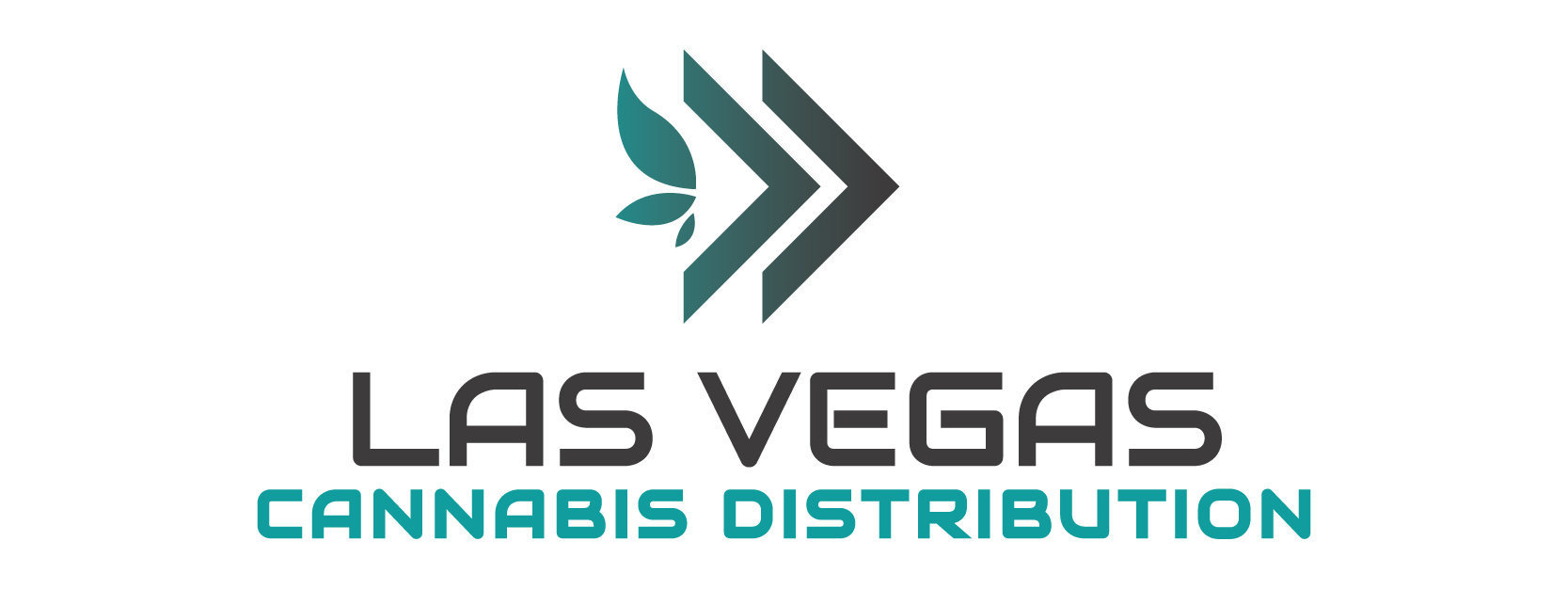Cannabis distributors in Las Vegas operate under a rigorous framework established by the Nevada Cannabis Compliance Board (CCB) and local city and county-specific regulations. Licensed distributors must strictly comply with NCCR Regulation 13 (wholesale transportation), the Nevada Revised Statutes (NRS) and Las Vegas Municipal Code Chapter 6.95, along with Clark County requirements.
Licensing and Operational Prerequisites
Before conducting business within Las Vegas city limits, distributors must obtain:
- A state distributor license from the CCB
- A city business license, including planning approval and a special‑use permit
- Meet financial criteria such as liquid asset minimums (~$250,000), no disqualifying felony convictions, and background checks for all owners and agents.
Transportation and Manifest Requirements
Regulation 13 mandates that:
- Distributors may only transport cannabis between licensed facilities, never to consumers.
- All trips must be documented via a seed‑to‑sale tracking manifest, specifying route, origin/destination, quantities, agents’ credentials, and departure/arrival times.
- Transportation must occur within Nevada, with allowable stops only for refueling or as noted in the manifest.
Vehicle and Storage Protocols
Vehicles used for transport must be:
- Approved by a CCB agent, unmarked with cannabis branding, equipped with locks, alarms, and communication systems.
- Properly secured during transport: product held in sealed packages, stored in locked cargo areas or lockboxes not visible externally. Loads over $25,000 in wholesale value require at least two agents aboard.
- Capable of maintaining appropriate temperature-control for perishable or potentially hazardous cannabis products—staying below 41 °F—and equipped storage facilities also must meet this requirement.
Storage Site Rules
Distributors must maintain an off‑site, temperature‑controlled storage area—a locked, separate facility complying with Underwriters Laboratory (UL) standards. Temporary storage (under 48 hours) is allowed with CCB notification; longer durations require agent approval.
Training, Quality Control, and Record‑Keeping
Distributors are responsible for:
- Training agents on handling, transportation, storage procedures, and licensure expectations.
- Maintaining an inventory control system integrated with seed‑to‑sale software, including documentation for audits and random sampling.
- Retaining transport logs, incident reports (e.g., crashes, thefts, unauthorized stops), and providing them to the CCB or law enforcement within specified timeframes (typically within two hours).
Compliance Inspections and Enforcement
CCB agents may inspect distributor vehicles, storage facilities, records, and practices without notice during business hours. Non‑compliance with transportation rules, manifest accuracy, storage protocols, or training requirements may result in license suspension or fines.
Local Ordinances and City‑level Oversight
Additionally, the City of Las Vegas Municipal Code Chapter 6.95 mandates that distributors secure local council approval and adhere to zoning, signage regulations, and safety standards. Distributors outside city limits must apply for city business licenses if serving
Las Vegas-based facilities.
In Summary
Cannabis distributors in Las Vegas are subject to a comprehensive regulatory framework encompassing state licensing, mandatory manifests and tracking, secure vehicle and storage requirements, agent training, reporting obligations, and frequent inspections—all designed to ensure public safety, inventory accountability, and operational integrity.

